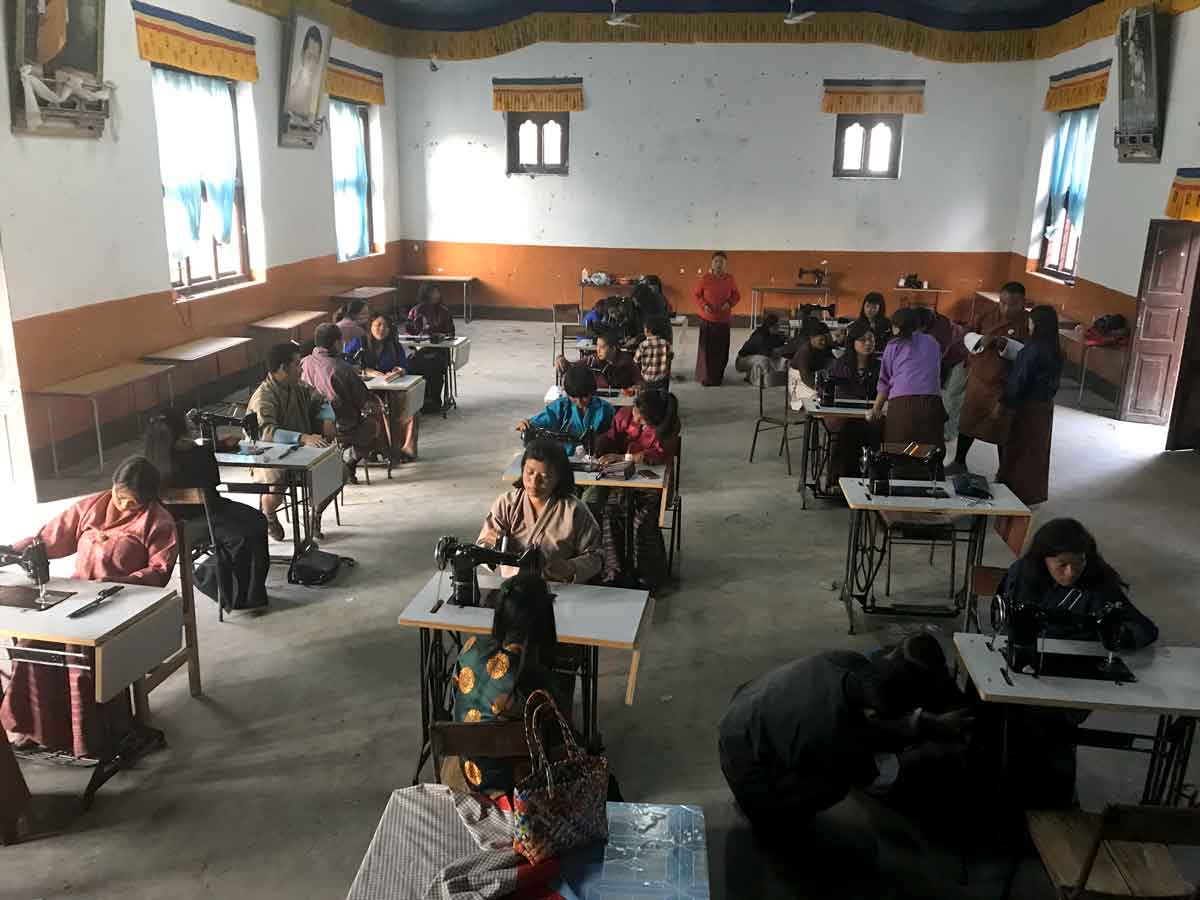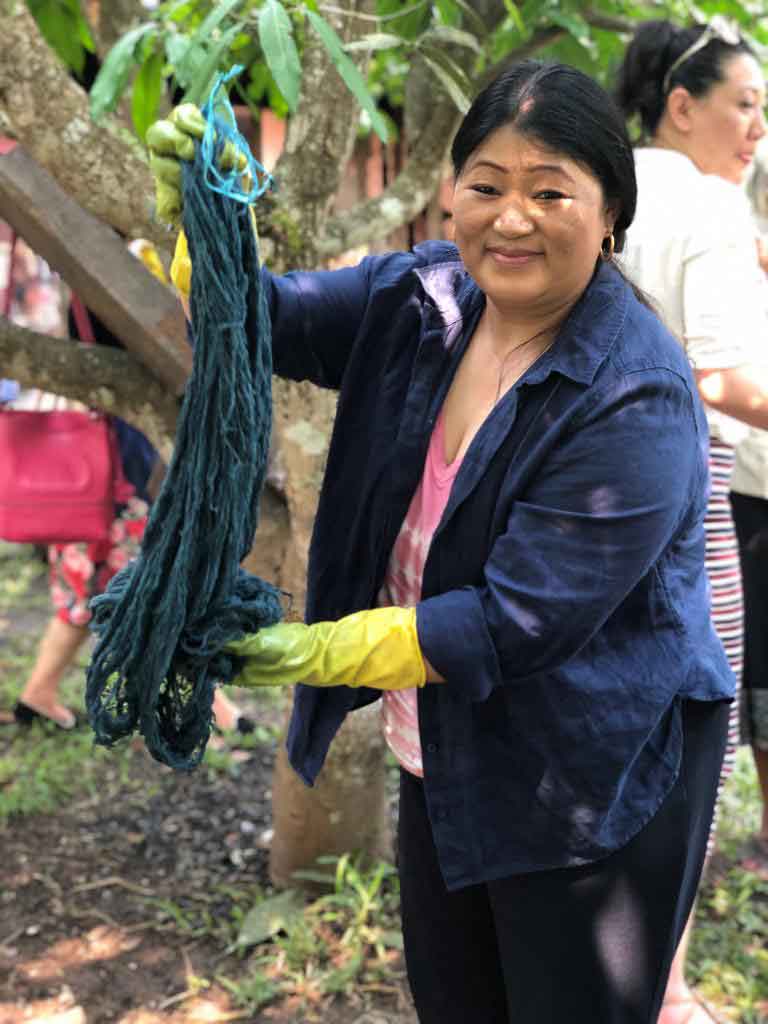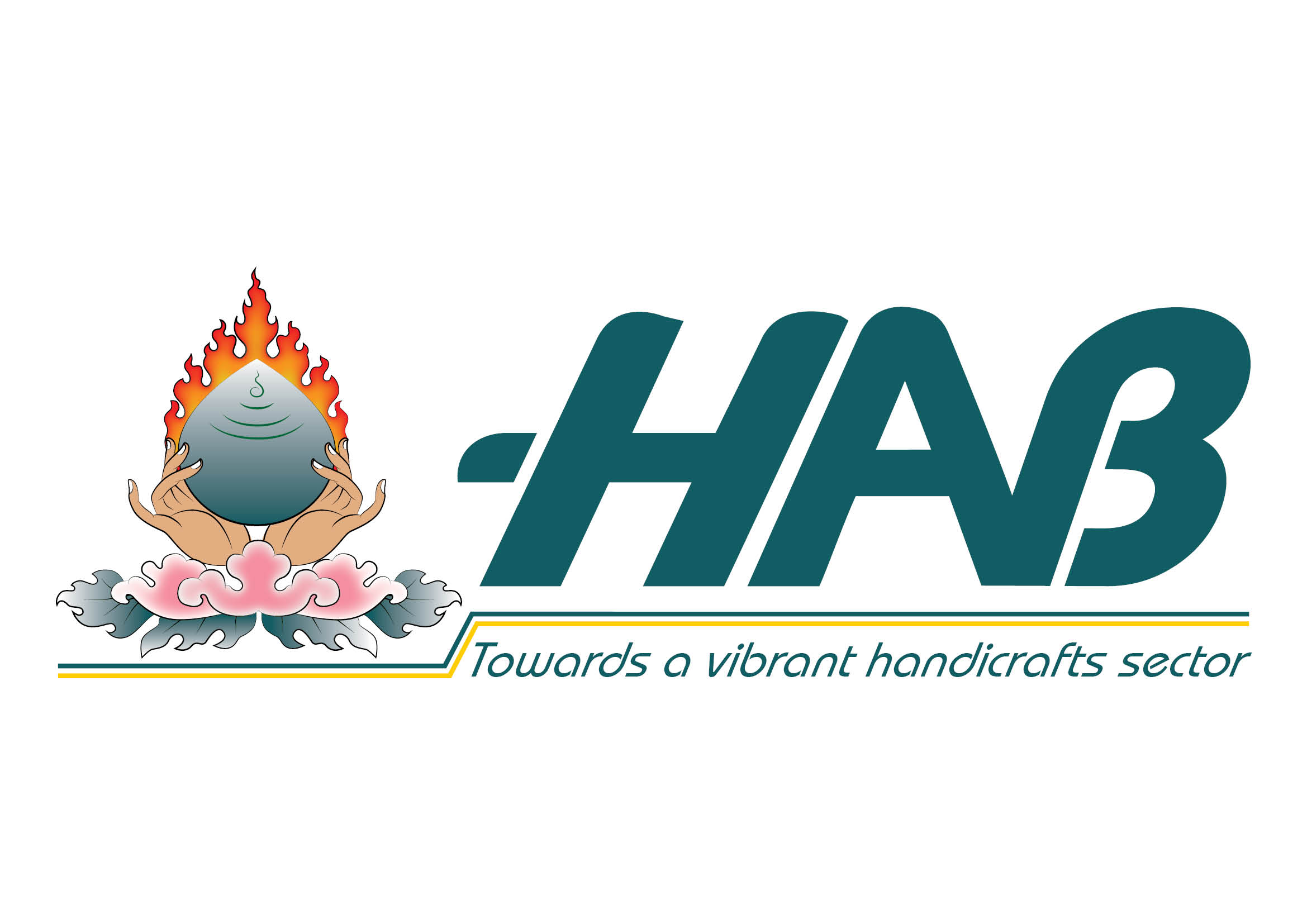1. Trade facilitation
One of the most persistent problems facing the local handicrafts industry is that retailers currently buy and resell imported handicrafts at astronomical prices, passing them off as locally handmade products. It creates the mistaken impression that Bhutanese handicrafts are exorbitantly expensive and unaffordable. This results in declining sales and stifles innovation and creativity in the design, packaging and promotion of genuine local products.
Conventional retailers who mix local products with imports and sell them at sky-high margins do a great disservice to local craftspeople. In such a scenario, barely a fraction of the benefits trickle down to the true producers. Such a situation leads to a state of creative and economic inertia among indigenous craftspeople. Keeping this in mind, HAB implements schemes to help craftspeople reap the benefits of their hard work in association with local and international development partners.
We bring craftspeople together, showcase their work on a common platform, and enhance their profiles in local and international markets. HAB seeks to pool together handicrafts produced in rural communities, bringing them to urban retailers, a fact that facilitates market access.
In order to brand and promote Bhutanese home-grown products, we hold and take part in various international fairs and exhibitions, which encourages indigenous creators to strive for excellence in their craft, and to meet the changing needs of the marketplace by innovating and adapting traditional crafts for modern use.
2. International trade fairs and exhibitions
HAB helps bring producers, retailers and consumers together at international fairs and exhibitions. We walk new members through the registration and paperwork process that required to meet international trade norms and protocol; we educate handicrafts producers about the promotion and sales process, covering such matters as marketing, concessions, discounts and sales promotions.
In summary, we educate local craftspeople, disseminate internal trade information, and represent the craft sector in policy formulation.
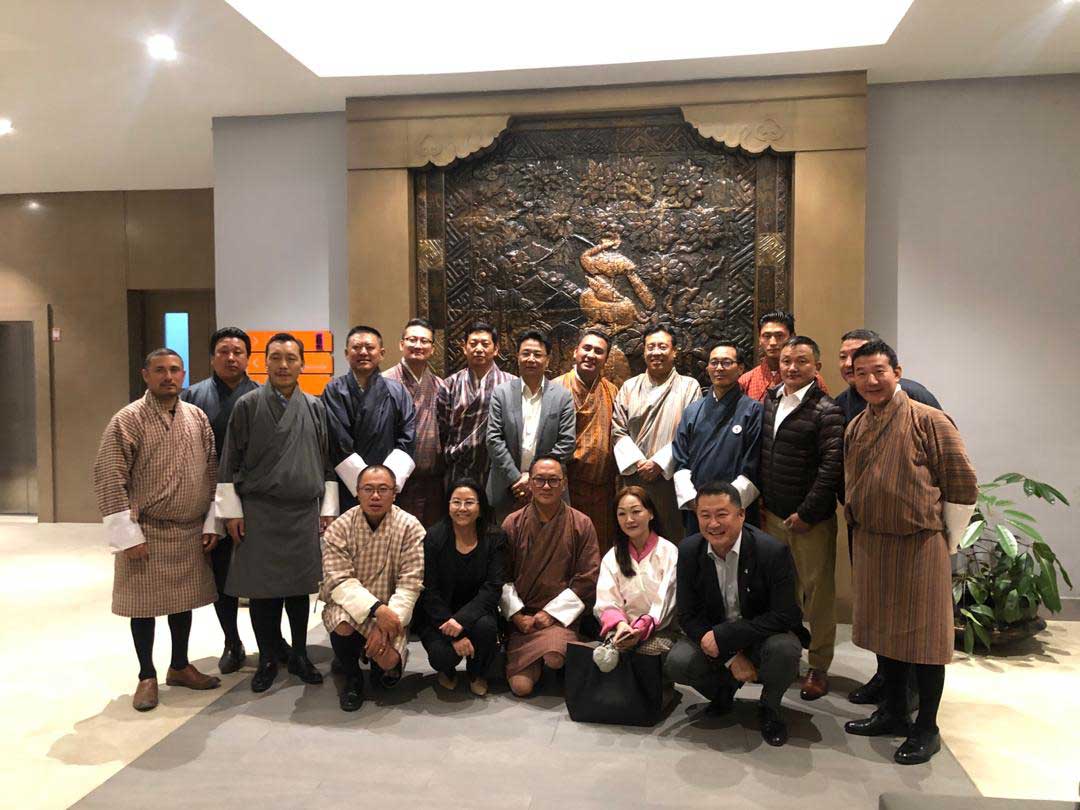
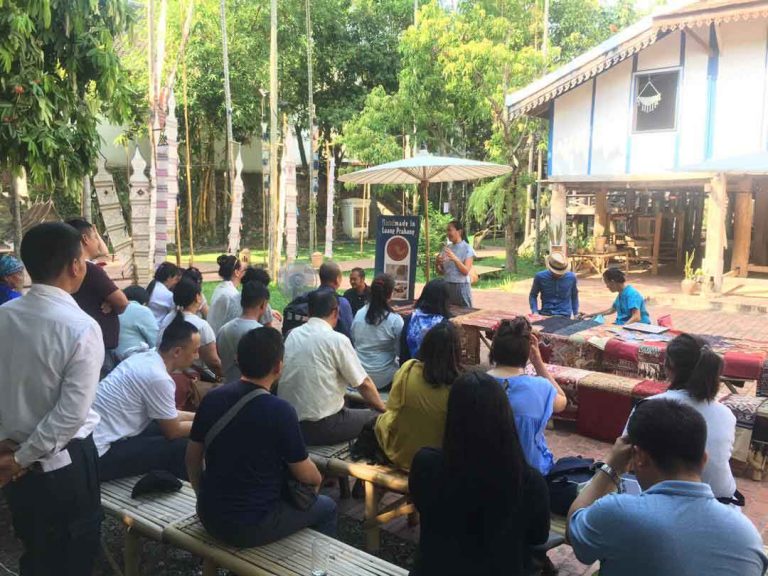
3. Artisan support
HAB supports craftspeople:
- Through trainings, short courses and other skills development programs.
- By creating opportunities to visit established forums and fairs in Bhutan and abroad, enabling under-privileged craftspeople to be exposed to new ideas and innovations.
- By procuring quality raw materials in bulk for rural artisans who otherwise would not have the resources to do so.
- By opening avenues for craftspeople to credit and loan schemes so they are not lacking in capital or income to invest in their entrepreneurship or business.
- By helping craftspeople take advantage of the latest technological trends and developments to improve and upgrade their products.
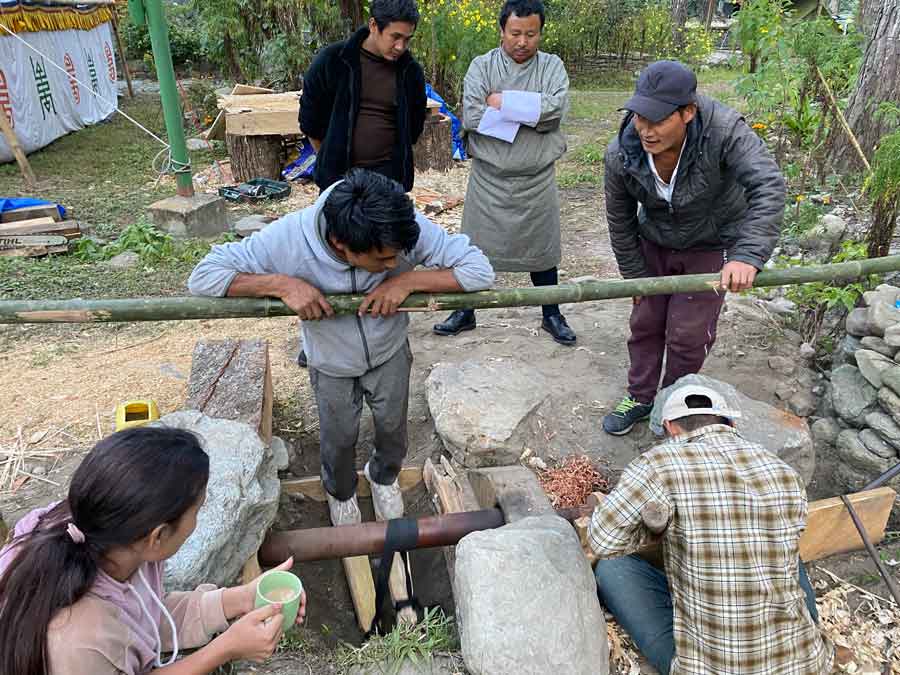
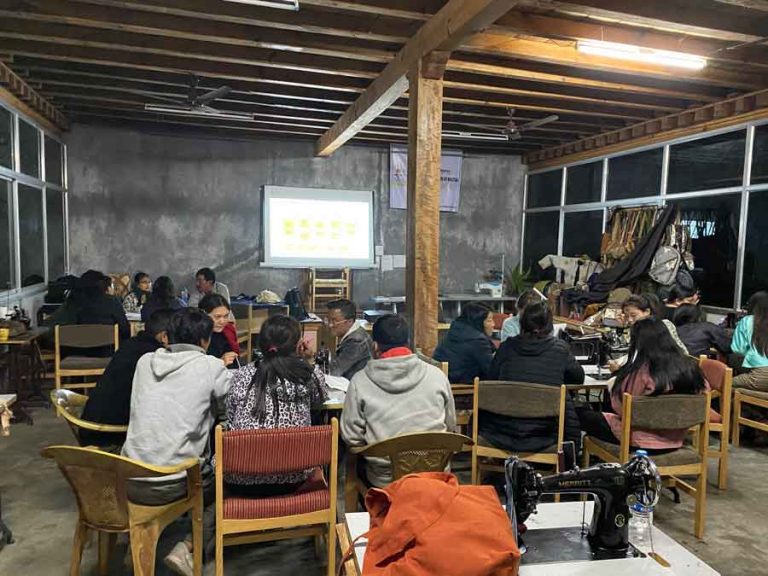
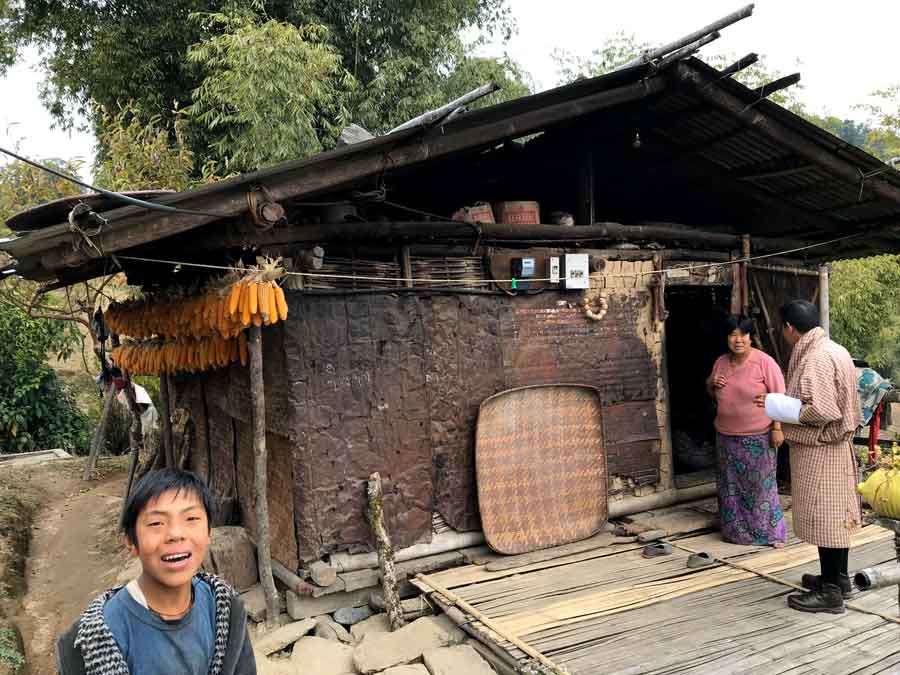
4. Education & Awareness
HAB’s goals include the preservation and promotion of Bhutanese crafts and culture, especially through awareness and education initiatives among the youth. Our work trains and educates craftspeople to take advantage of trade opportunities, to hone their craft, and to support their growth from beginning to end, from choosing raw materials to cultivating and nurturing business partnerships and building relationships with customers.
Artisans often find themselves unable to get their businesses off the ground simply because they have had no exposure, nor the opportunities to market their skills and crafts to help them better their livelihoods and lifestyles. We ensure that craftspeople regularly take part in public workshops related to their craft. We work on tailor-made partnership programs that aimed at supporting the sustainable growth of the local handicrafts cottage industry. These include networking and building capacity of school vocational clubs, volunteer and special-interest programs, and by networking with professional designers and master artisans.

5. Product innovation
To be economically viable, Bhutanese products must meet international regulatory standards and appeal to the cultural needs of the buyers in countries where they are sold. A primary challenge Bhutanese artisans and craftspeople face is the lack of the capacity to generate innovative products that respond to the changing market demands. This involves creating new designs, techniques, packaging and ideas, and keeping track of how consumers respond and identifying what works and what does not.
HAB renders its support through product innovation and adaptation, including experimentation and exposure, skill enhancement and technical expertise. HAB helps craftspeople adapt their products, keep up with technological advancements and meet consumer demands, stay abreast of new knowledge, methods and skills in their industry.
To help Bhutanese indigenous crafts penetrate overseas markets, HAB guides the craftsperson in modifying their existing products to suit the tastes and needs of customers outside Bhutan.
